Five Foods That Should Never Be In Your Grocery Cart
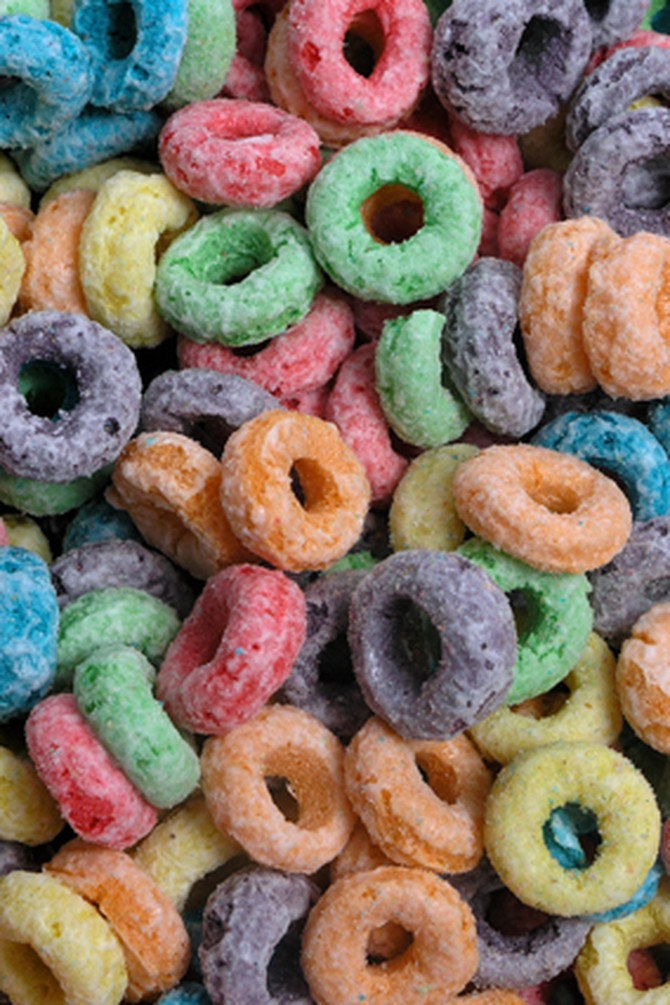
Photo: Thinkstock
Simple Sugars or Carbs and Unhealthy Fats
Skip foods laden with simple sugars, also called simple carbohydrates. Sugary breakfast cereals, donuts, pastries, cookies, ice cream, cakes and soda are loaded with them. Often referred to as "empty calories," simple sugars are rapidly absorbed, spiking blood sugar levels for an initial energy high. This triggers an insulin reaction, driving levels back down and creating fatigue. You'll feel hungrier and crave even more sugar. Plus those rapidly absorbed extra calories are stored as fat, putting you at risk for obesity.
Make smart choices by selecting fiber-rich complex carbohydrates, including 100% whole grain bread, brown rice or steel-cut oats. Select whole foods such as fresh vegetables and lean meats. These all provide slow, sustained releases of energy for long-lasting fuel. If you do crave something sweet, head for the produce aisle and pick out your favorite seasonal fruits such as pears, apples, or blueberries.
Processed sweets and goodies also contain saturated and trans fats that clog arteries and stunt weight loss. Instead purchase items rich in heart-healthy monounsaturated fats, like avocados and nuts.
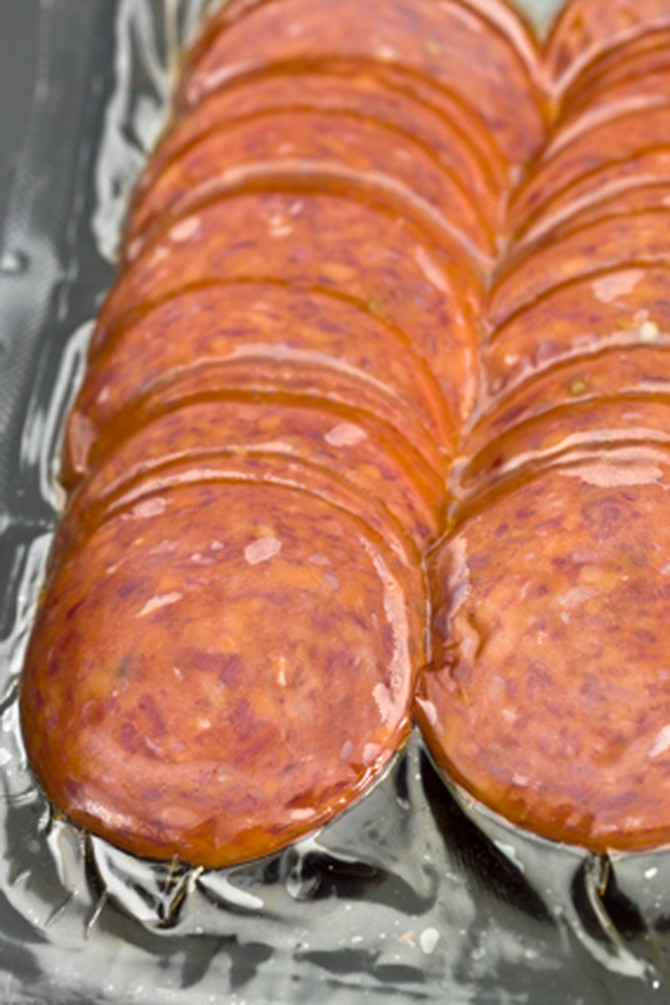
Photo: Thinkstock
Ditch preserved meats altogether or look for ones that are advertised as "nitrate-free." Buy meats low in saturated fats such as chicken and turkey or eat more fish, like salmon or tilapia, rich in healthy omega-3 fats. If you must have red meat, choose lean cuts like sirloin or tenderloin.
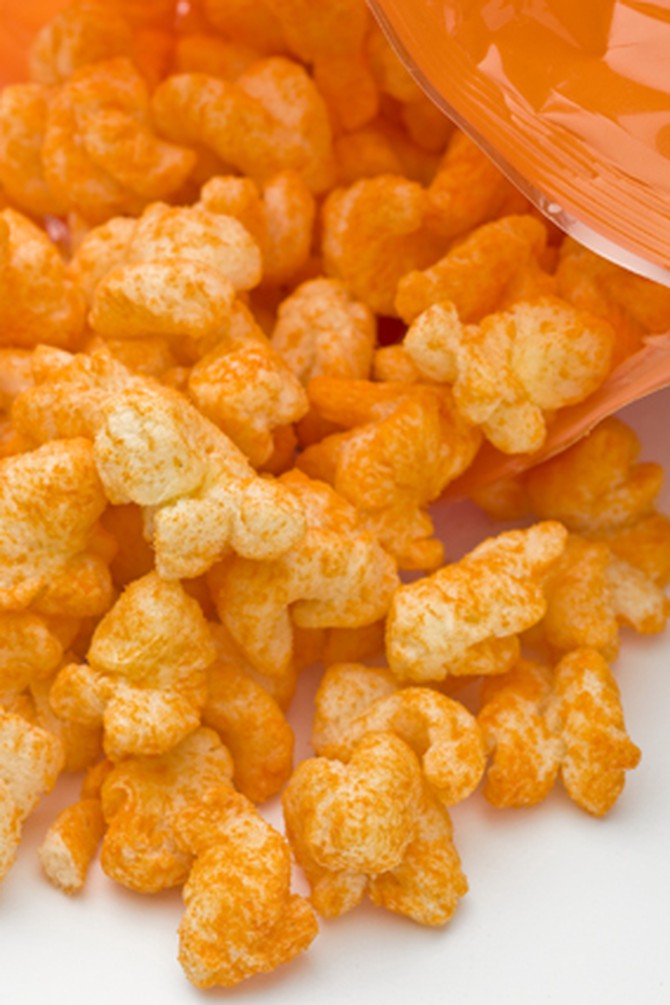
Photo: Thinkstock
Stay focused on buying whole foods comprised of only one ingredient. Instead of snacking on neon-orange cheese curls, slice up some carrots or celery sticks. Invest in an air popper and enjoy fiber-rich popcorn. Make homemade veggie chips: cut up kale, thinly slice beets, sweet potatoes or yams, sprinkle them with herbs and a little olive oil and bake in the oven.
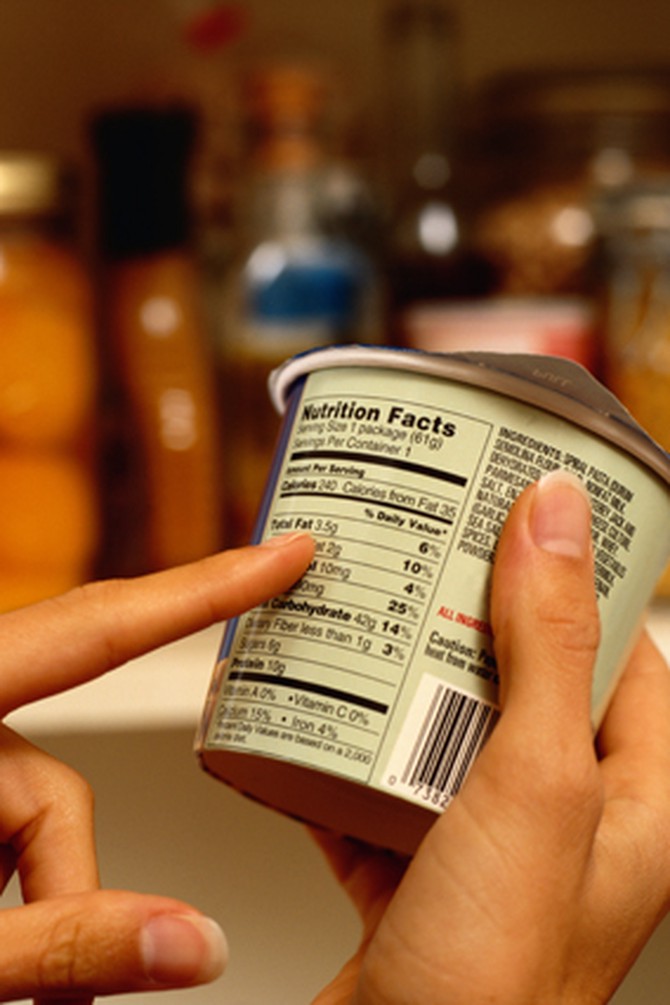
Photo: Thinkstock
Again, choose real foods as much as possible. If it's a sweet tooth you need to satisfy, buy tasty dried fruits, such as apricots or mangos.
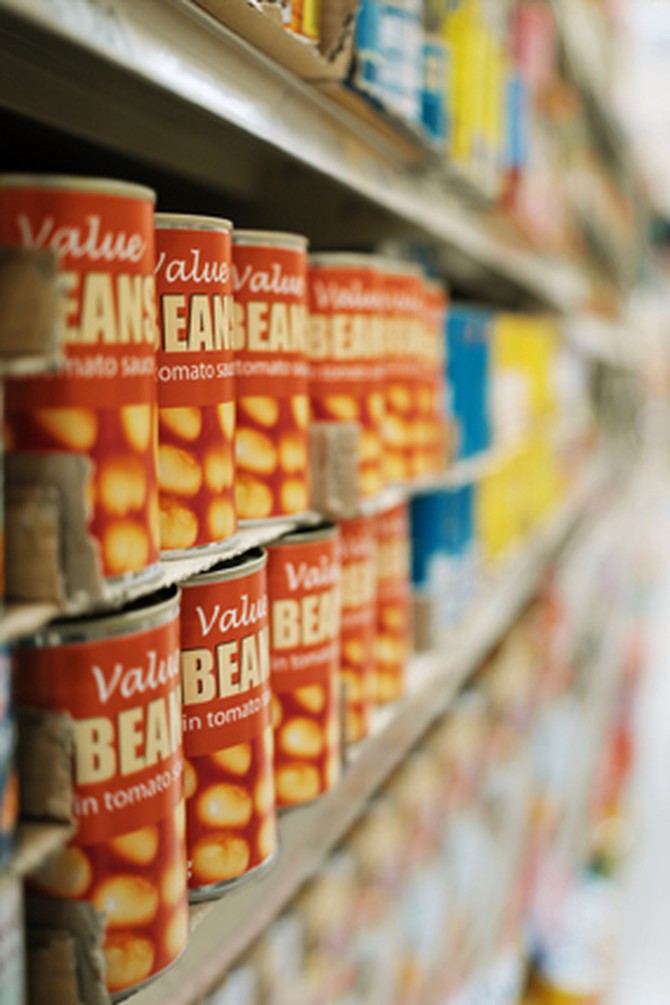
Photo: Thinkstock
Instead of buying canned soups, try making your own simple versions, like a healthy carrot soup or hearty lentil. If you don't have the time to cook, purchase canned soups low in sodium.
To lower your overall sodium intake, try seasoning foods with more herbs, both dried and fresh. You'll rely less on table salt for flavor.
Next: Dr. Oz's longevity grocery list

